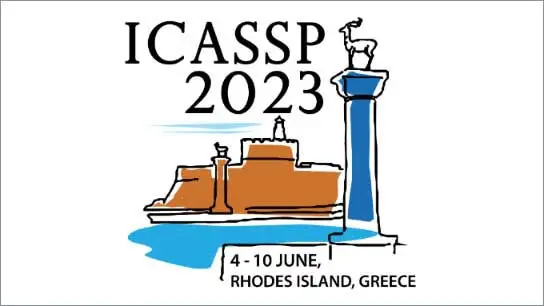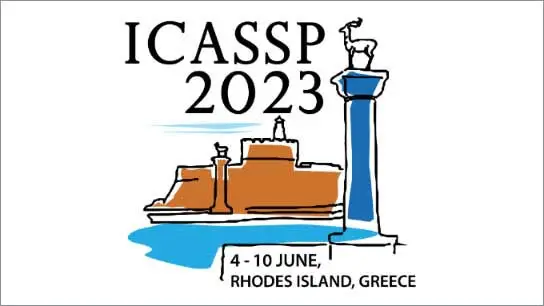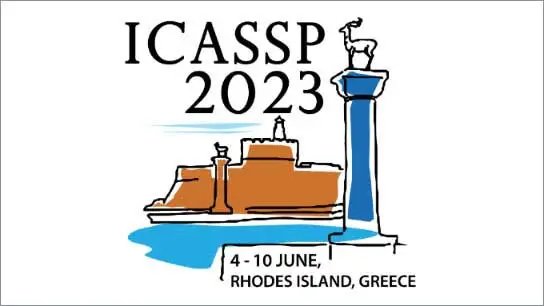HeartToHeart: The Arts of Infant Versus Adult-Directed Speech Classification
Najla D Al Futaisi (Imperial College London); Alejandrina Cristia (PSL Research University); Bjoern W. Schuller (Imperial College London)
-
Members: FreeSPS
IEEE Members: $11.00
Non-members: $15.00
07 Jun 2023
Psycholinguistics researchers investigate child language exposure by studying children's language environment. A main factor is whether, in humanistic heart-to-heart dialogue, the speech is directed to the infant (infant-directed speech) versus to another adult (adult-directed speech). The former has been found to better predict children's lexicon, and therefore constitutes a more relevant part of children's language environment. Listening to, segmenting and annotating naturalistic long-form recordings collected through infant-worn devices is highly costly and time-consuming, and could be prone to errors in misclassification. We aim to overcome these challenges by automatically classifying speech as infant-directed versus adult-directed. In this research, we exploit multiple datasets, combined to form a larger corpus for training. In addition, we employ four different methods: Multi-task learning, adversarial training, autoencoder multi-task learning and adversarial multi-task learning, the last of which yielded the best results on all datasets.



